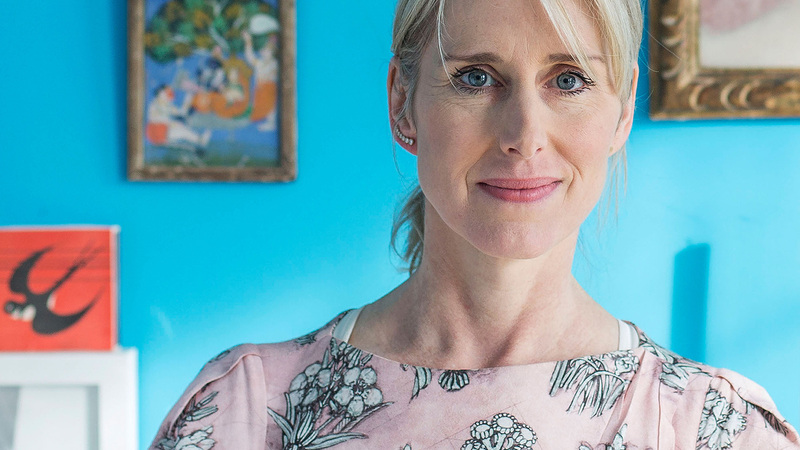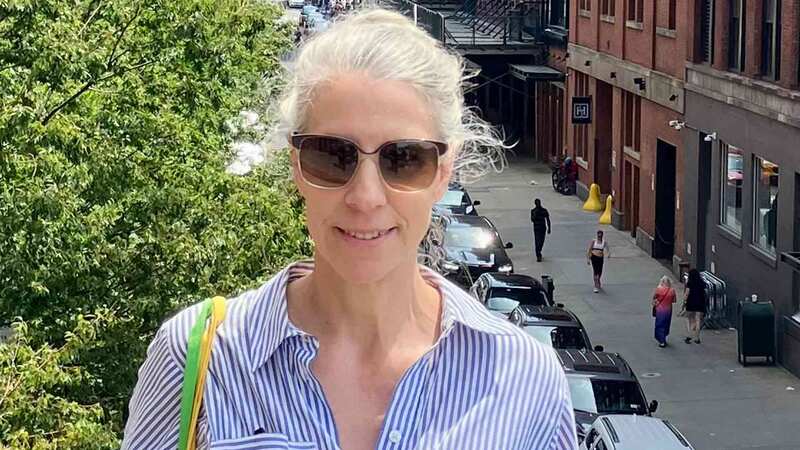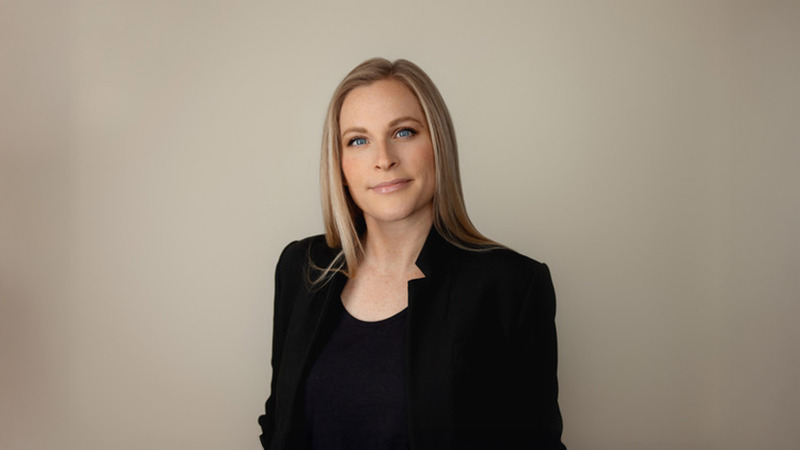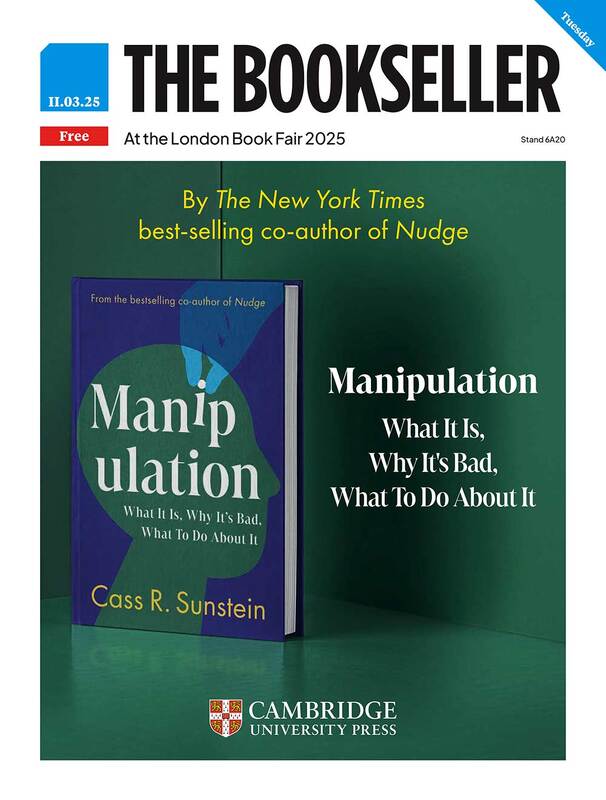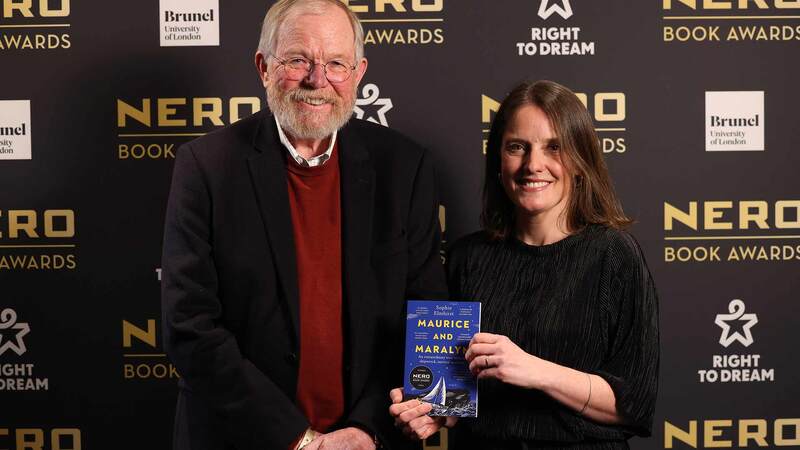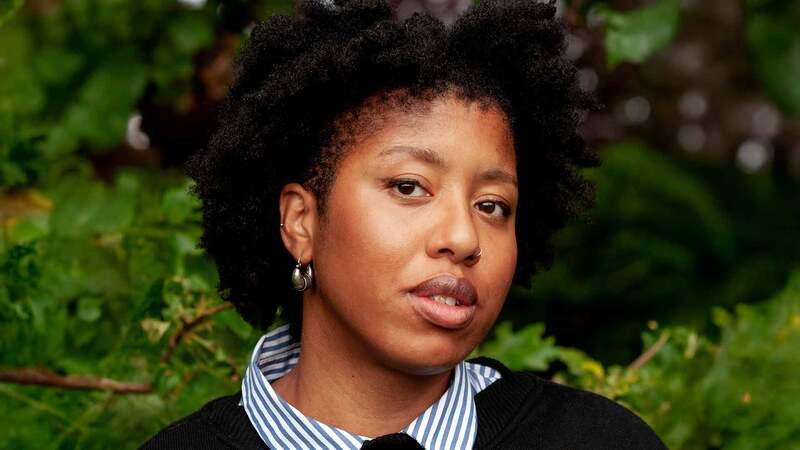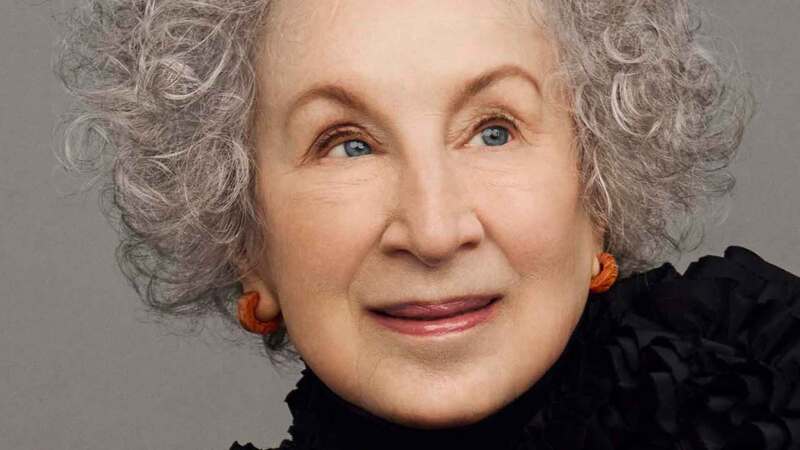You are viewing your 1 free article this month. Login to read more articles.
Caroline Criado Perez's gender data gap 'exposé' takes £25k Royal Society Science Book Prize
Feminist campaigner Caroline Criado Perez’s "exposé" on the gender data gap, Invisible Women (Chatto & Windus), has scooped the £25,000 Royal Society Science Book Prize.
The fifth female winner in a row, Criado Perez’s book was praised by judges as being “important and vital” and a “brilliant exposé of how the world is designed around the default male”. The writer and broadcaster was named the 32nd winner of the award on Monday (23rd September) at a ceremony in central London.
In Invisible Women: Exposing Data Bias in a World Designed for Men, Criado Perez has collected range of case studies, stories and new research from around the world that highlights the ways women are ‘forgotten’ on a daily basis. “From government policy and medical research to technology, media and workplaces, she exposes to readers the lack of gender-specific data that has unintentionally created a world biased against women,” prize organisers said.
Criado Perez revealed to The Bookseller how she became inspired the write the book: “The immediate reason was discovering there was this gender data gap in medical research, it just never occurred it to me that it would be an issue. I was so shocked. The majority of medical information is based on the male body and women are dying as a result, that was such a shocking thing to read in 2014."
The writer, whose debut, Do it Like a Woman was published by Portobello in 2015, said the publishing industry was broadly supportive of the concept of her second book. “It was pretty positive, I had lots of offers for publishing it…. One publishing house queried whether it wasn’t a bit passé to be writing about the female body, which was a bit odd. But other than that it was a pretty positive reception and it went to auction so I think the publishing industry saw the potential.” Chatto & Windus' editorial director Poppy Hampson went on to buy the book from Tracy Bohan at The Wylie Agency, as announced in 2016. Since publication in March, it has shifted 39,000 copies for £525,000, according to Nielsen BookScan.
She said of the challenges of writing the book: “The hardest thing was writing about an absence, there were these brick walls about a lack of data, which was incredibly frustrating. For me, as an activist and not just a writer, I wanted to know the solution…. Learning about how to write about something not existing is a different kind of writing.”
On winning the prize, Criado Perez said: “It was quite overwhelming. As someone who doesn’t come from a science background, it was always a concern of mine that the information I was trying to impart affects women’s lives in a million ways from small all the way through to life-threatening… I couldn’t allow it to be dismissed. I felt I was at a disadvantage as someone who didn’t come from a science background and I worked really hard to mitigate against that and make sure all my stats were bullet-proof. For me, this prize gives this book the extra credibility."
Professor Brian Cox and Caroline Criado Perez, winner of 2019 Royal Society Science Books Prize © Debbie Rowe
The London-based activist is not currently working on another book. “I’m just trying to make sure this book gets all the support it needs,” she told The Bookseller. “This book was much more than a book to me, I wanted to start a movement and so that requires a fair amount of book. But also it was so hard to write – in terms of emotionally and in terms of work... Perhaps next year I’ll start thinking what my next book will be about.
Chair of this year’s judging panel, Professor Sir Nigel Shadbolt, principal and professorial research fellow in Computer Science at Jesus College, University of Oxford, said: “Invisible Women is a brilliant exposé of how the world is designed around the default male. Caroline Criado Perez writes with energy and style, every page full of facts and data that support her fundamental contention that in a world built for and by men gender data gaps, biases and blind spots are everywhere."
He added: "As an AI researcher and data scientist it makes me look at my field afresh. Read it and be prepared to think again.”
Fellow judge and author Dorothy Koomson added: “Invisible Women shows quite clearly: modern-day life has been built for one particular type of person and if you do not fit that type, the world doesn’t work properly for you... This important and vital book is only the beginning of the conversations we need to be having about how to make sure modern life works properly for everyone, no matter who they are."
Dr Shukry James Habib, stem cell specialist and Royal Society University research fellow, was also on the judging panel along with actor and science communicator Stephen McGann and Gwyneth Williams, former controller of BBC Radio 4 and 4 Extra.
Invisible Women triumphed over five other shortlisted titles for the prize: John Gribbin’s Six Impossible Things: The ‘Quanta of Solace’ and the Mysteries of the Subatomic World (Icon Books), The Remarkable Life of the Skin: An Intimate Journey Across Our Surface (Bantam Press) by Monty Lyman, Clearing the Air: The Beginning and the End of Air Pollution (Bloomsbury Sigma) by Tim Smedley along with Paul Steinhardt’s The Second Kind of Impossible: The Extraordinary Quest for a New Form of Matter (Simon & Schuster UK) and Infinite Powers: The Story of Calculus – The Language of the Universe (Atlantic Books) by Steven Strogatz.
Criado Perez received a cheque for £25,000 at the ceremony and the five shortlisted authors were each awarded £2,500.
Founded in 1988, the Prize is the only major international award that celebrates popular science writing for a non-specialist audience. The Wellcome Book Prize, which focused on medical themes, was suspended in May.
Criado Perez's campaigns have included co-founding The Women's Room, getting a woman on Bank of England banknotes, forcing Twitter to revise its procedures for dealing with abuse and successfully campaigning for a statue of suffragist Millicent Fawcett in Parliament Square. She was awarded an OBE in the Queen's Birthday Honours 2015, among other accolades.





